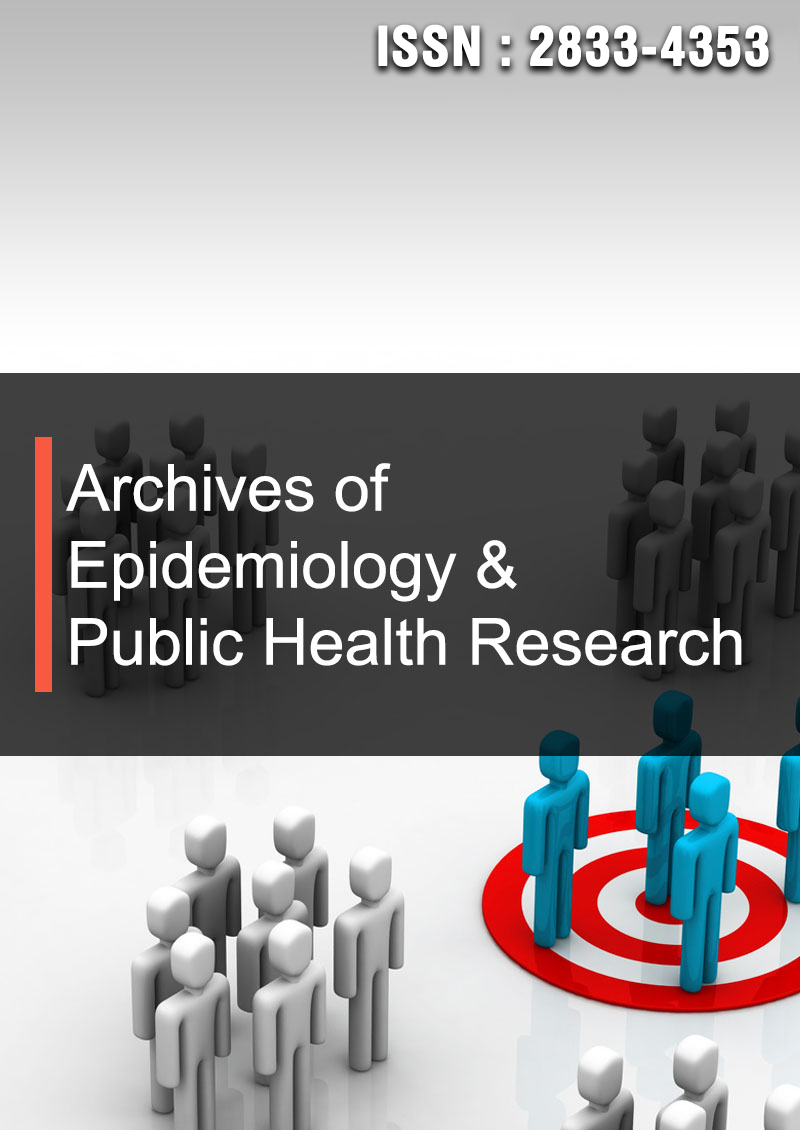Assessing the Impact of Emotional Intelligence and Conflict Management in the Workplace: A Case Study of Health Centers in Hossana Town, Central Ethiopia
Abstract
Ashenafi Woldemichael Woime
Emotional intelligence (EI) and conflict management (CM) play a crucial role in enhancing workplace outcomes in Health Centers in Central Ethiopia. EI, which includes self-awareness, empathy, and social skills, is essential for managing emotions in healthcare settings. Conflict management, on the other hand, involves strategies for resolving disputes while maintaining healthy relationships and a productive work atmosphere. A study in Central Ethiopia found that 78% of healthcare professionals demonstrated high EI, leading to increased job satisfaction and reduced stress levels. Additionally, 72% of participants used effective CM strategies, fostering a collaborative work environment. Higher EI also led to a 30% improvement in constructive conflict handling and a 40% decrease in turnover intentions. The study recommends integrating EI and CM training into professional development programs, implementing supportive policies for conflict resolution, and recognizing emotional intelligence alongside technical proficiency in healthcare settings.



